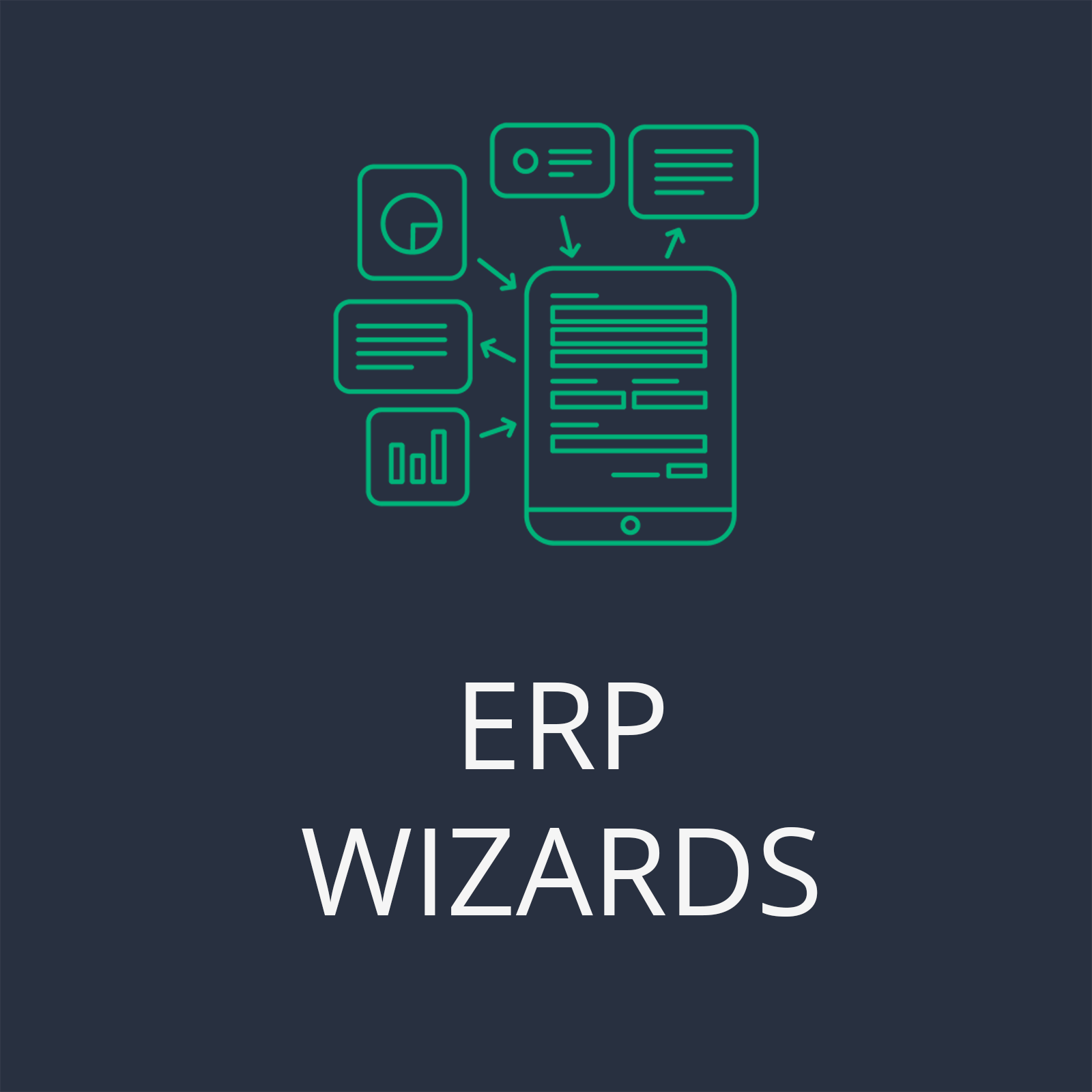ERP Wizards 3. Project Manager in a successful ERP implementation

Project manager has a significant and one of the most challenging roles within an ERP project. ERP project manager needs to be the glue between all the groups attending the project and keep all the project strings in hands simultaneously. This article provides practical tips for project managers in ERP projects.
Veikkaus’s Product Portfolio Manager Tatu Sipilä and Greenstep’s Development Manager Jan Brörklund are both experienced project managers. They have years of experience leading ERP projects and other global digital transformations. Sipilä and Björklund discuss the project manager’s crucial role in an ERP project and give practical tips on how to lead the project successfully in the third episode of Greenstep’s ERP Wizards podcast season. In this article, we put together a 5-point checklist of the most useful tips.
What kind of responsibilities a project manager has in an ERP project?
The main task of a project manager is to lead the project and keep all the strings under control. However, the chosen approach to leading the project may vary based on personal background. Some project managers want to be close to the project by taking part in the implementation as a consultant whilst leading the project as well. In such a case, it is crucial to mind the project manager’s main duties as a project leader, which are sometimes easily forgotten if the person is busy with the actual implementation.
Another approach to the project is that the project consultation is completely outsourced to someone else. The project manager does not need to know everything about the ERP; however, it is good to understand the basics of the system. The project manager’s tasks begin in both cases with setting up the projects. This phase includes a lot of routine work, such as building up the communication plans, deciding what kind of follow-ups you want to have for the tasks, and choosing the tools.
5 useful tips for an ERP project manager
Communication as a key to success
As a project manager, you are the glue between people involved in the project. To succeed in communication, you must first identify all the groups involved in the project and decide what kind of communication you want with them. Communication should not be one-sided, and the project manager should be interested in discussing with all the people involved.
The core team working daily with the ERP system needs information on a daily basis, but there might also be people in the outer circle who do not need information that often. When it comes to people in the outer circle, it might be enough to approach them with an information letter quarterly or monthly. It is important to recognize the right level of communication with different groups as you should not suffocate people with too much information.
Listen actively!
Being an active listener has a huge emphasis on the project. Feel the room, listen to people, and if they are quiet, something is probably wrong. It is also important to have feedback sessions during the project so that people can tell about their thoughts and feelings.
Be honest and bring difficult issues to the table as early as possible
Trust is the key to success, so it is important to be transparent and honest during the whole project. Communication about possible difficulties or challenges as early as possible helps hugely with handling them. During the whole project, it is important to discuss the future and the possible risks instead of just recording the issues of the past. So, be clear with schedules, changes, etc., and inform people what is going to happen and when.
Make sure there are enough resources available
Talk carefully through resourcing with the client company’s supervisors to make it possible for people to allocate enough time for the project. Sometimes you will need to rearrange duties or leave something out of people’s daily routines to have enough time for the project. The customer can also hire more resources, but any new employees should not have key roles in the project without deep knowledge of the current processes in the company.
Anticipation gives time to adapt to the change
A new ERP changes the ways people used to work before, and the change creates a wide range of emotions among the employees. A good way to decrease the level of resistance is to tell people from early on that the ERP will bring many changes to daily routines. This gives people more time to adapt to the change.
Would you like to know more about the topic?
On the third episode of the ERP Wizards podcast season, Veikkaus’ Product Portfolio Manager Tatu Sipilä and Greenstep’s Development Manager Jan Björklund will cut into the topic in detail. Go to the episode on Spotify!


